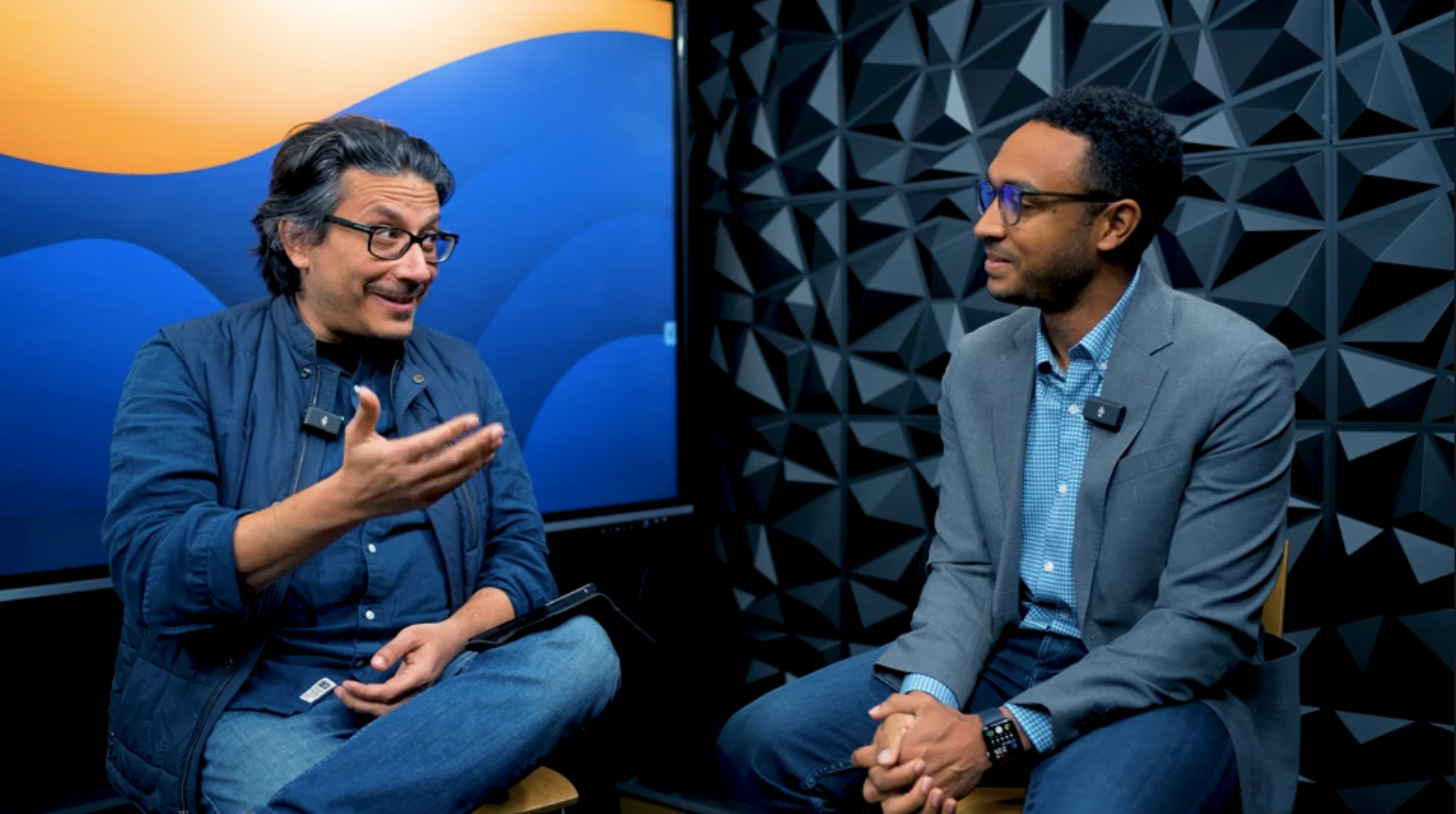
Courses
The Master of Advanced Study in Engineering (MAS-E) program is completed in 22 one-unit courses and a two-unit capstone project. A highly-customizable degree experience offers four interdisciplinary concentrations, each with eight required courses. Once you elect your concentration, you may choose your remaining 14 elective courses from any of the courses offered within the MAS-E degree course catalog.
All courses are academically rigorous, and designed and taught by Berkeley Engineering faculty who are global leaders in their fields. Courses are 100% online and designed for self-paced study within an academic semester.
This unique curriculum provides a customizable advanced engineering education to help you meet your unique career goals on your schedule. Start designing your MAS-E degree!
Interdisciplinary concentrations
The MAS-E degree program offers four interdisciplinary concentrations:
- Electronics and Systems Engineering
- Advanced Manufacturing and Materials
- Infrastructure, Energy, and the Environment
- Robotics and Controls
Students elect a concentration to focus their studies; each concentration has eight required courses. Students then choose 14 electives, and finish up with a 2-unit capstone course.
- Concentration (8 units): 8 required units specific to the concentration.
- Electives (14 units): 14 units from any part of the MAS-E course catalog.
- Interdisciplinary Capstone Project (2 units): Students will integrate cutting-edge knowledge and technical skills to address an interdisciplinary engineering challenge.
Course details
The courses listed are the planned course offerings starting in 2024. Not all classes will be offered each semester, and the list of available courses is subject to change. Please refer to the Berkeley Academic Guide for more information.
Browse Courses
Filter Concentrations
Plan Your Perfect Experience
Use our curriculum planner to craft a degree experience perfectly tailored to help you reach your unique career goals.